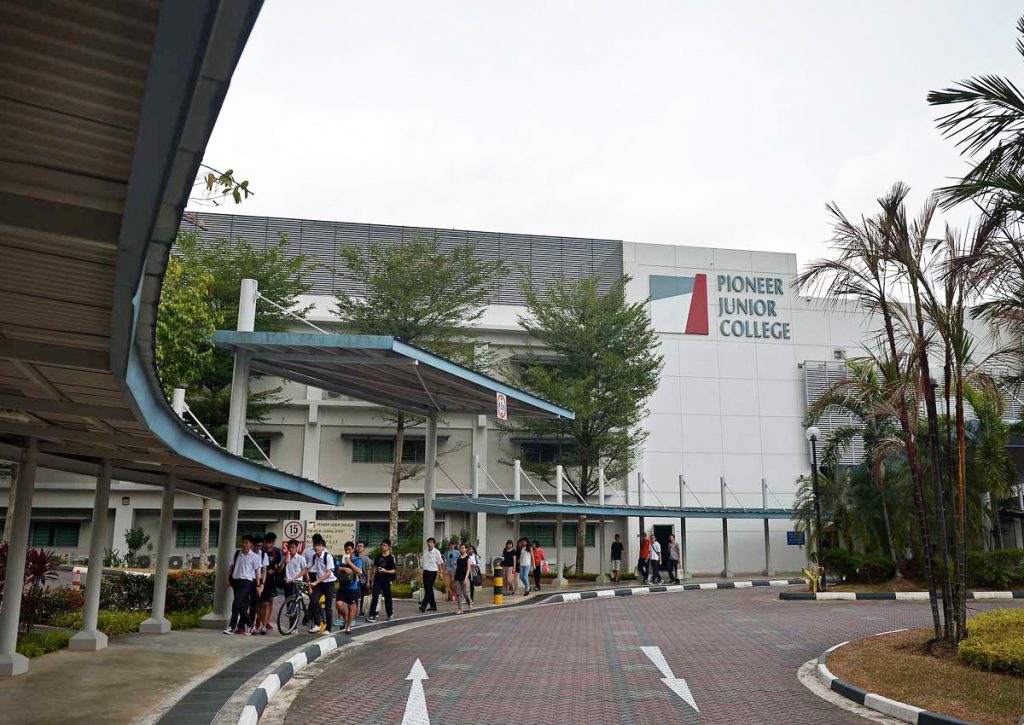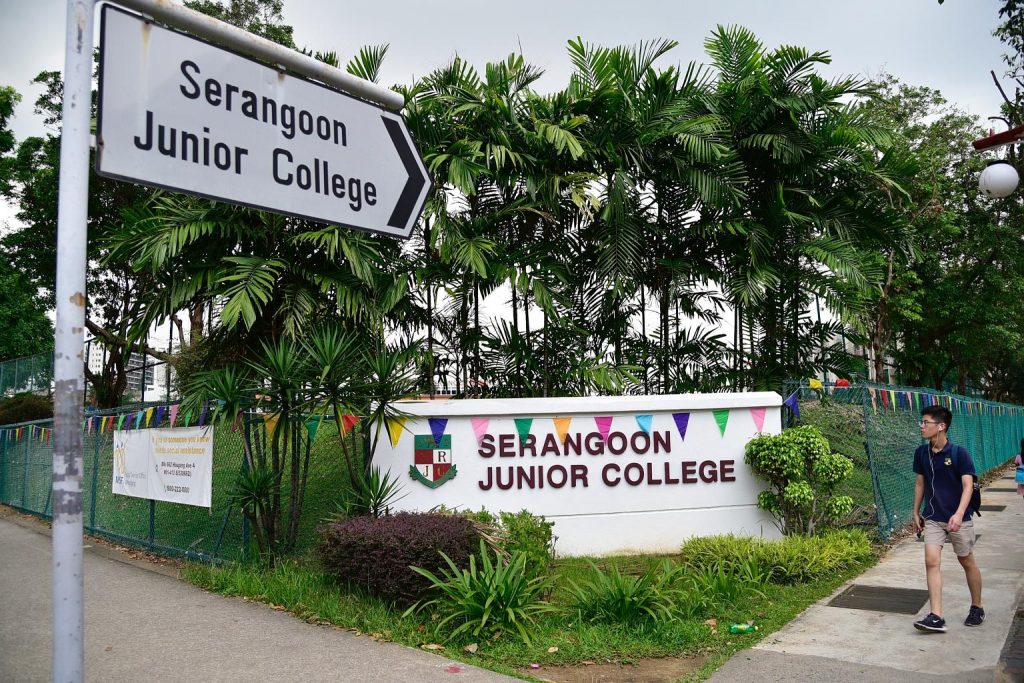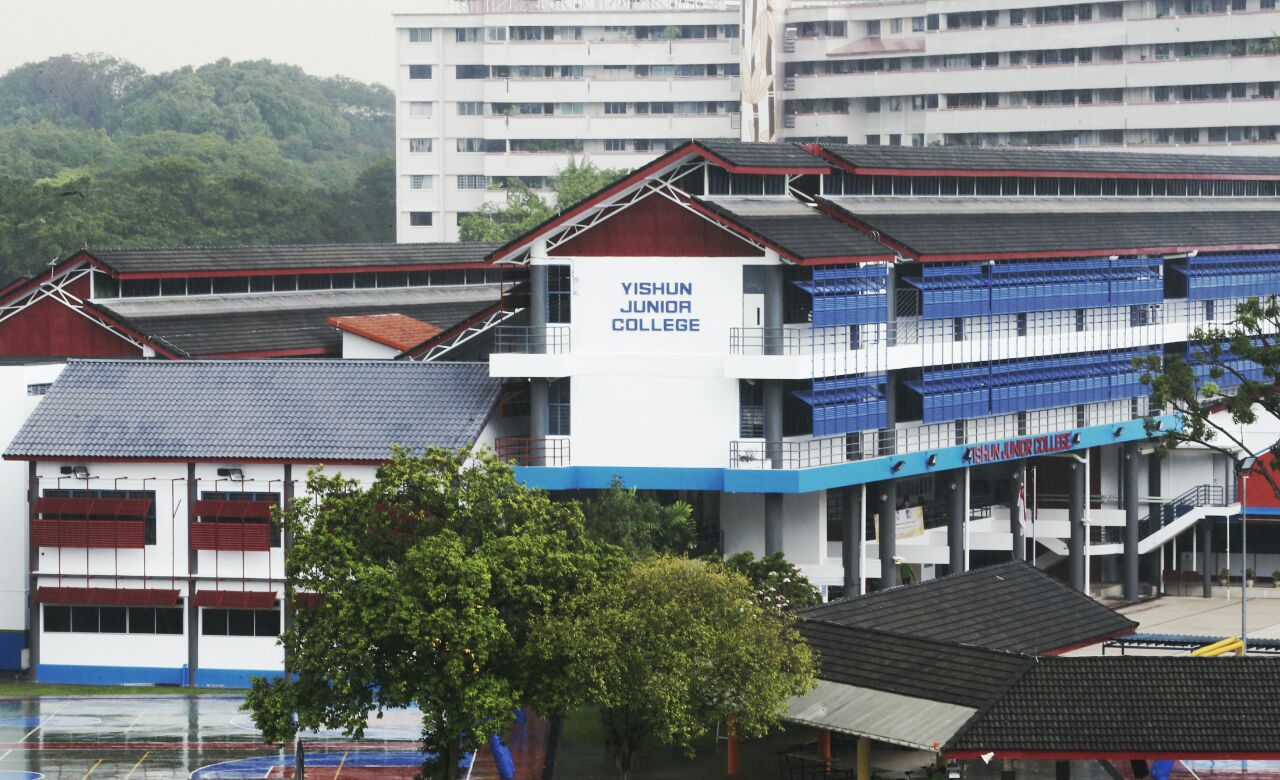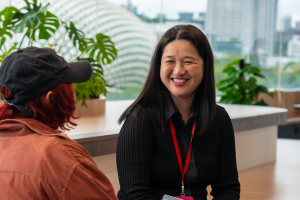I stopped fiddling my thumbs and looked up from my seat. A teacher was driving me from school to an event. He found the moment opportune to forge a friendship on what he assumed was a common understanding of how the world works.
In my junior college, I was in a special programme for students who scored less than 10 points—in his eyes, I was one of the “good ones”. He was comfortable speaking about the supposed delinquency of my classmates and yet, I wasn’t the least bit surprised. This was the kind of talk that traveled behind the closed doors of a non-elite junior college. Inferiority was an open secret.
In a non-elite Junior College, elitism clung to every facet of our education. The air was always tense in the two-year sprint towards the ‘A’ Levels. Tutorials were punctuated with terse reminders of how we had to work harder to overcome our natural inability. We even received pristine copies of the Raffles Junior College KS Bull with both hands and memorised paragraphs because we couldn’t be trusted to come up with our own coherent General Paper arguments.
Non-elite junior colleges are like institutional oxymorons—they are schools for students who did not excel in the ‘O’ Levels, but had the audacity to set their sights on a university education. Students in non-elite junior colleges are more than aware of that. They navigate school like sailors on a sinking ship.
This is a reality that stares many Singaporean junior college students in the face, while it goes unmentioned on public platforms in favour of pleasant stories that echo the “Every School A Good School” mantra.
On 11 Jan, the Ministry of Education announced that the names for the newly merged junior colleges would reflect the histories and cultures of the constituent schools. Quite simply, the school with the longer history would take the first name spot and the other would follow. Other measures to “retain heritage” include a “heritage wall” in what is now Jurong Pioneer Junior College.
The most recent article on the matter was a light-hearted report on how renaming suggestions included many celestial entities; Yishun and Innova Junior College could have been renamed “Aurora Junior College” to reflect its location in the north. While the starry-eyed ruminations of school administrators made for entertaining stories, it did little to address the elephant in the room; the school mergers brought about heavy and compelling allegations of elitism.
After all, 7 out of 8 of the schools that were merged happened to be the bottom-ranking junior colleges by ‘O’ Level cut-off point. The schools were supposedly merged to cope with a shrinking student cohort. Yet, Eunoia Junior College, an IP school, was recently established and welcomed its first batch of students in the same year (2017). It comes across as disingenuous to lump non-elite schools together in one breath and talk about “retaining heritage” in the next.
We didn’t have distinct identities and heritage before but now, suddenly, we do.
In non-elite schools, we hear constant digs at our intelligence and mediocrity in classrooms, but we sing praises for our supposed school history and culture when we are on stage. Student ambassadors regurgitate information about school emblems and colours while shaking the hands of decorated VIPs. School pride is a performance for us, and a performance by which nobody is convinced.
Maintaining such a charade is useless. It does little to distract us from the elitism that is glaringly obvious in our institutions, and it doesn’t afford young adults the space to work constructively towards eliminating the issue.

The first step to solving a problem is admitting that we have one. Right now, because we pretend that everything is fine and dandy in our education system, we act as if non-elite students cannot handle the ugly truth that is their social class positions.
We are denying them their own agency in managing their education. This is a waste of one of our best resources.
Non-elite students are the experts on their own life experiences and socioeconomic disadvantages, and they are more than capable of learning from and discussing their thoughts. If we are serious about eliminating the social class division, there will not be a significant improvement unless we hear and respect the voices of all who are involved.
This should not be a one-sided conversation where elite professionals gather in a conference room to debate the fate of the non-elite junior colleges.
This also means actively encouraging the sharing of perspectives in the classroom. We need frank discussions on studies that are close to home.
For example, a recent study conducted by the Singapore Children’s Society revealed that children from wealthy families are more likely to go to schools that offer the Integrated Programme (IP) or the Gifted Education Programme (GEP). Another study by the Institute of Policy Studies (IPS) showed that people who went to elite schools had a disproportionately high number of elite individuals in their social circles. On the other end, people who went to non-elite schools could rarely name an acquaintance from an elite school.
There should be a concerted effort to bring studies like these up in General Paper tutorials. What obstacles did we face in the national examinations? What makes our integration into the working world difficult? How can we develop an encouraging and conducive environment in non-elite schools?
These are important questions only students in non-elite schools can answer.

In a study by the Organisation for Economic Cooperation and Development, Singaporean students reported abnormally high levels of anxiety. Their anxiety is related to stress in their education and fears of inadequacy. Such fears are exacerbated in non-elite schools where students are repeatedly put down for not being as intelligent as their elite counterparts.
School-related anxieties are possibly linked to the teen suicide rate in Singapore. At-risk youths who contact the suicide prevention agency Samaritans of Singapore (SOS) report academic pressure as one of the greatest sources of stress.
Furthermore, studies have confirmed that socioeconomic disadvantages, like a lower household income, are obstacles in a student’s educational path. Non-elite students are more likely to come from such households and as a result, they do not have the same access to resources like private tuition or a comfortable studying environment. This constitutes structural inequality.
If Singapore continues to fashion itself as a meritocracy, we are obligated to progress towards such an ideal. This can only be possible if we provide Singaporeans with equal opportunity. To do so, we have to eliminate socioeconomic obstacles, and to that effort, it is necessary for us to have a detailed understanding of the experiences of “lousy” students.
The current education system functions like a well-oiled lawyer and doctor producing machine; it does not take the varied interests of students into consideration. Students who do not do well in the realm of rigorous academia are made to feel like failures or social outcasts.
What are their talents and where do their passions lie? How can we develop alternate pathways and skills unless we listen to the voices of students who have fallen off the beaten track? It does not benefit anyone if the system continues to dictate the same tried and tested success story. Our society needs young adults with a diversity of skills to function. We develop such talents by asking lower-scoring students about their interests, and not as an afterthought.
The students in non-elite schools are young individuals with their own opinions on their social positions, and it would be foolish for us to treat them like naive children.
Don’t sugarcoat our reality. Talk to us so that we can work towards a solution together. We already know we are not elite.





